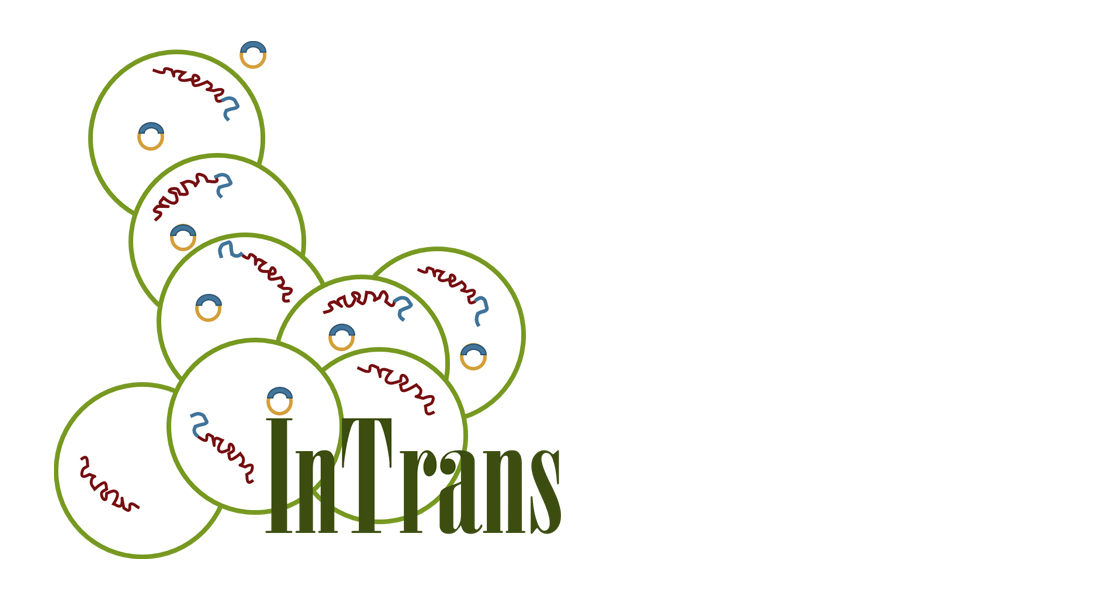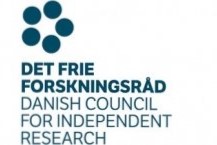InTrans - Transfer of antibiotic resistance to human gut bacteria in vivo
The aim of this study is to shed light on the extent and dynamics of the transfer of AMR in the gastro-intestinal tract of humans, coupling the most powerful technologies in the field with the most relevant model system available.

The increasing emergence and spread of antimicrobial resistance (AMR) determinants in the environment threatens humanity. Although tremendous effort has been devoted to short-term palliative measures such as AMR surveillance and the search for novel effective antimicrobials, the study of the dissemination of AMR, the cornerstone underlying this ominous health crisis, has been inadequately tackled and greatly overlooked. The aim of this project is to shed light on the transfer dynamics of AMR in the gastro-intestinal tract of humans, by coupling the most powerful technologies in the field with the most relevant model system available: human microbiota-associated (HMA) mice intestines. Our findings will present quantitative data on the extent of transfer and reveal which members of the microbiota take up AMR from ingested donor bacteria, altogether providing valuable insights that will help the design of alternative avenues for combating this health crisis.
InTrans - Transfer of antibiotic resistance to human gut bacteria in vivo
Today, it is widely accepted that the AMR crisis stems from the spread of mobile genetic elements (MGEs) carrying AMR genes in the environment, through a process known as horizontal gene transfer (HGT). Several mechanisms have been described as promoting HGT, of which “conjugation”, the transfer of ICEs (Integrative and Conjugative Elements) and plasmids (a type of MGE), is regarded as the most important.
Since this mechanism strictly depends on cell-to-cell contact, densely populated microhabitats provide the ideal grounds for it to flourish8. In this context, the gut environment is of key interest, as its lining is covered in richly populated and diverse surface- associated microbial communities, also known as biofilms. Altogether, these factors, combined with the fact that the gut is exposed to the arrival of new dwellers and a habitat where antibiotic- driven selective pressures are enhanced, has led many to support the notion that the human gut microbiota constitutes both a reservoir and a hub for an amplified dispersal of AMR genes. According to this rationale, both pathogenic and mutualistic members of the gut flora can acquire AMR by receiving MGEs from passing, transient and other normally occurring bacteria, thereupon putatively mediating their transfer to and from pathogens.
However, the potential routes of AMR transfer are still undefined, and the role that our own gut microbiota plays in promoting multidrug resistant pathogens remains to be uncovered. This knowledge gap is mainly due to the experimental complexity of plasmid transfer studies in the gut.
In this study we want to shed light on the extent and dynamics of the transfer of AMR in the gastro- intestinal tract of humans, coupling the most powerful technologies in the field with the most relevant model system available. Specifically, we aim to provide quantitative data on the extent of AMR transfer in the gut and reveal which bacteria from the human gut microbiome take up AMR from ingested donor bacteria. For this purpose, we will carry out transfer experiments in vivo, in human microbiota-associated (HMA) mice intestines.
Gains and perspectives
Our findings will, allow a meaningful assessment of the relative risks of AMR transfer in the gut, provide valuable insights and quantitative data input for the development of predictive mathematical models, and guide the shaping of alternative avenues for combating the AMR crisis the world faces today. We believe that solving this public health crisis will necessarily involve the effort and expertise of all people, and thus emphasize that raising public awareness and educating professionals is the only logical investment for the future of humankind. We aim to contribute to this investment with our results. The economic impact of AMR also deserves more attention, as the ineffective treatment costs place a substantial burden on society and government spending. Our findings will enable policy-makers, healthcare and scientific professionals to make better health and clinical management decisions, thus ultimately dampening the economic and societal repercussions driven by AMR. Finally, we believe that our findings will additionally have a positive impact on the commercial probiotic business and therefore are in close contact with relevant industrial collaborators to bring about a new concept of probiotics that help mitigate AMR dissemination in the gut
Martin I. Bahl
Gut Microbiology and Immunology group
Technical University of Denmark (DTU)
Lisbeth E. de Vries
R&D Unit Laboratory Technology – Gene Tech Track
Metropolitan University College (Metropol)
Carles U. Morant
Unidad Mixta de Investigación en Genómica y Salud (FISABIO)
Valencia, Spain,
Adam Baker
Head of Discovery, Microbiome and Human Health
Chr. Hansen, Hørsholm, Denmark
 Professor Søren Johannes Sørensen
Professor Søren Johannes Sørensen
I am currently team leader for a group of 12 scientists, 11 phd’s, three technicians and ten master students applying molecular techniques in microbial ecological studies at the Section of Microbiology. My research focuses on social interactions in microbial populations. My group’s studies evaluate the extent of genetic flow within natural communities and their response to environmental perturbations.
The section houses state of the art culture independent experimental infrastructure that enables us to examine how microbes interact at a scale that is relevant for such small organisms and to examine and identify the roles of the individual species that contribute to these interactions.
We investigate how microbes work together in in their natural state such as biofilms and the effect this has on microbial communities in in vivo systems such as human or animal gut, soil, or phase change communities. These are related to our in vitro model systems such as our bioflux biofilm system where we can evaluate our findings and examine phenomenon such as horizontal gene transfer or emergent community properties and evolutionary strategies. To do so we use techniques such as high throughput sequencing, flow cytometry and ultra-high resolution bioimaging or confocal microscopy and microbial reporter systems.
The pioneering work of the section has had been recognized for its impact in diverse areas in which microbial interactions are critical. These include, Soil biodiversity and bioremediation, the role of horizontal gene transfer, human disease progression, the effects of species diversity in plant animal and environmental microbiomes, how microbes interact in evolutionary strategies and the significance of cooperation verses antagonism in microbial systems.
Working in these areas necessitates close collaboration with international scientists from around the world that come to the section and to whom members of the section visit in scientific exchange programs. They span all corners of the globe including Dr. Duncan Veal, Macquarie University, Sydney Australia, Prof A. Spormann, Stanford University, Prof. S. Kjelleberg, University of NSW; Prof. M. Schloter, Helmholtz Zentrum München; and Prof. Md Hans Bisgaard COPSAC back here in Denmark.
These collaborations have helped more than 20 postdocs and 30 past Ph.D. fellows follow their career path both here and around the world to obtain successful positions in both academia and research.
Section of Microbiology

Funded by:
DFF - Research project 1 grant from the Independent Research Fund Denmark (IRFD) | Technology and Production
Project title: Transfer of antibiotic resistance to human gut bacteria in vivo
Project period: 1. July 2018 - 30. June 2021
Contact
 Professor
Professor
Søren J. Sørensen
Universitetsparken 15
Building 1, 1st floor
DK-2100 Copenhagen
Email: sjs@bio.ku.dk

